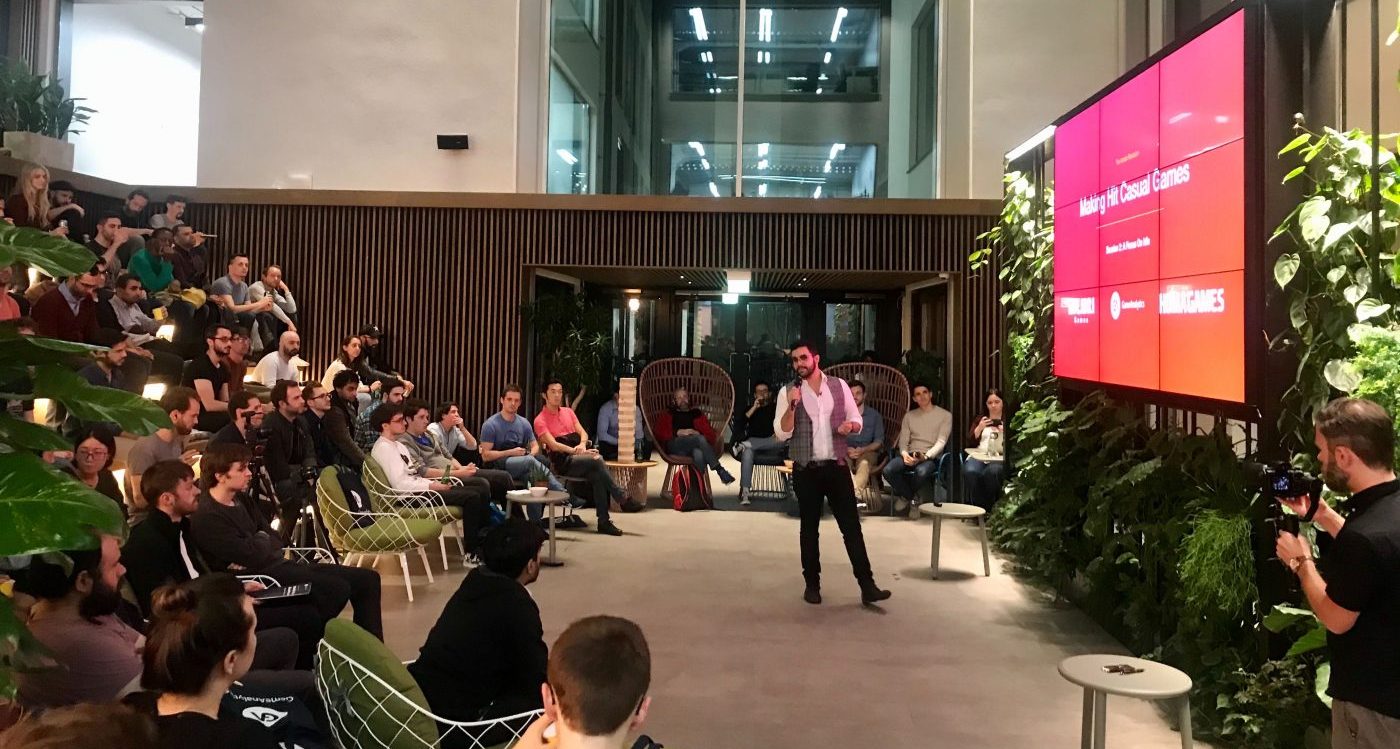
Using incremental game systems to gamify a psychological bias.
Being recently introduced to a new podcast has got me thinking. This is called The Happiness Lab with Dr. Laurie Santos, and here’s the particular episode which made me contemplate enough to write this post.
I would personally recommend the entire series of these podcasts for some insightful knowledge on our brain and how our happiness could be better managed.
Hedonic Adaptation
The main topic the episode talks about is a human impulse that is classified as hedonic adaptation, which is an observed tendency of humans to quickly return to a relatively stable level of happiness despite major positive or negative events or life changes.
There are some really intriguing case studies discussed which explain how we end up at a baseline of happiness after any life event, regardless of it being positive, or negative. This primarily shows that we tend to over-expect the amount of happiness that any positive life event would bring to us. We also over-expect the amount of grief any negative life event can bring to us.
The tendency of over-expecting the happiness from any positive event implies that, at any given point, you can always think of something even more positive that can happen to you which you think would increase your happiness. At the same time, it is proven that your happiness level would return back to a stable level very soon. Regardless, these expectations are a driver for you to work towards something more positive.

For example, a person earning $50,000 would think that earning $100,000 would make them happy. However, when that person reaches that $100,000 mark, they’d still have an expectation that earning $500,000 now would make them even happier. While the happiness increases when the person moves to earning more amount, it is temporary, and it returns to a baseline soon. And once it returns to the baseline, the person is already looking for more.
Incremental Games
Incremental games, also known as idle, or clicker games, basically require the player to do very simple tasks, like clicking on the screen, in order to get more rewards.
What it results in is a loop where you do these core actions to earn more currency, which in turn helps you to upgrade stats and earn even more currency from the same core actions.

A bit more in-depth look at the mathematical design of these games can be found at the link below.
Positive psychology connection
What these incremental games drive is the feel of earning more resources. This, as we saw with the hedonic adaptation example, drives the player to work for it with the biased expectation that earning more resources will make them happy.
Once the player starts earning more, they do feel happy with the positive feedback, but as the happiness levels are returning to the baseline, there is always a new, higher target to strive for the player.
This structure of these games keeps the player in a loop of positive feedback which feeds in very nicely to the human tendencies, and thus results in a very strong base for the game.
Further gamification
In addition to the main loop of earn — upgrade — earn more, these incremental games also have an offline earning system which results in having positive reward moments when you return to the game next time.
These offline reward sources are also available to be upgraded over time, which affects the value of these idle rewards to increase. This would mean that the player would be investing the resources here, because the rewards at the beginning of their next session would be higher.

Here as well, the impulse of expecting happiness from something bigger after certain time comes into play. While you expect yourself to be happy with the rewards at the beginning of the next session, you invest in spending resources here.
In the next session what happens is that the player enters the game with a heightened happiness level because of the instant rewards at the beginning of the session. Player now also has additional amount to spend on upgrading resources further. This is done in the same hope of having an even better next session. This positive reinforcement loop continues.
Results
The genre of idle games have a stronger engagement, and retention compared to the arcade games in general. They result in higher sessions per day with the players. Being leading performers in the arcade genre, they also have a higher revenue potential in that bracket of games.
Read more insights on the state of idle game market in this GameAnalytics report from Oct 2019 linked below
TL;DR
Human happiness levels return to stable baseline levels regardless of the positive or negative events in life.
However we always tend over expect the happiness, and the grief that we associate with any life event.
The use of this positive psychology is visible in the incremental games.
These games have become strong performers in the arcade game space in recent times, which can be related to this approach.






.jpg)

.jpeg)
.jpeg)
.jpeg)
.jpeg)
.jpeg)
.jpg)











Write a comment ...